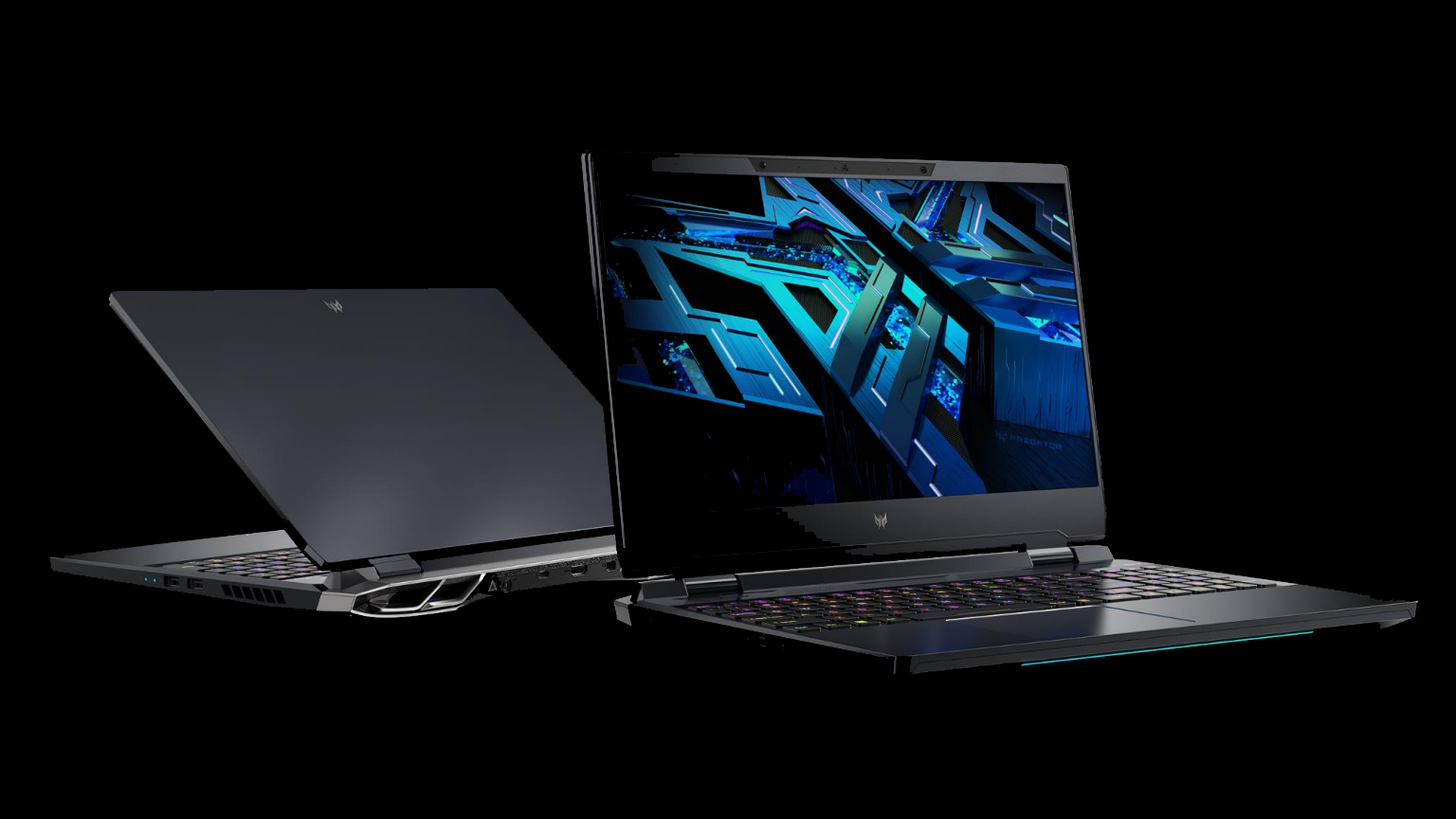Acer's new Predator gaming laptop has a 3D screen – no glasses required!
Acer Predator Helios 300 SpatialLabs Edition features a stereoscopic display that requires no special glasses – is it magic?
Get all the latest news, reviews, deals and buying guides on gorgeous tech, home and active products from the T3 experts
You are now subscribed
Your newsletter sign-up was successful
There's long been desire for 3D, especially in gaming, where virtual reality (VR) headsets have provided that opportunity. But Acer's latest Predator Helios 300 laptop doesn't need such additional kit – because it's got a built-in stereoscopic 3D display, courtesy of SpatialLabs, which means you can get glasses-free three-dimensional images that jump out of the screen.
I know what you're thinking: "there's no way that'll work". But I've tried out SpatialLabs' no-glasses-needed screens at Acer's UK headquarters in the recent past and, let me tell you, the 3D results are surprisingly efficient; objects really can give the impression they're jutting out of the screen and coming towards you.
There are caveats to that, as ever, because it'll depend how specially made the content is for the 3D effect (even Acer notes that you'll need SpatialLabs' TrueGame application and only for "supported games"), and how directly you're facing onto the screen – because it utilises two panels to deliver to your left and right eyes individually to accomplish its 3D effect.
What I think sounds particularly great about this laptop's screen, however, is the refresh rate: at 240Hz it should be silky smooth. That's something that's always bothered me about more 'traditional' 3D movie content, where the frame rate is slow low that sharing it between eyes can be headache-inducing. The Acer's high frame rate should entirely avoid that.
The screen is 4K resolution (3840 x 2160) as standard, but pop it into the 3D stereoscopic playback and that drops to 1920 x 2160 to accommodate the per-eye difference.

How much does it cost?
The Predator Helios 300 SpatialLabs Edition (coded as PH315-55s) will be available in the USA from winter 2022, priced from $3,399.99, while Europe gets it even sooner, from September, with prices starting at €3,299.
It's not only the SpatialLabs stereoscopic screen that impresses, though, as there's also stacks of power available under the hood. From the 12th Gen Intel Core i9 processor to Nvidia GeForce RTX 3080 graphics card, there's no shortage of power here.
Get all the latest news, reviews, deals and buying guides on gorgeous tech, home and active products from the T3 experts
Being a gaming laptop there are other design flourishes, too, from a Mini LED per-key RGB backlit keyboard, to large 90Wh battery for added longevity. All of which I think sounds very enticing indeed, so long as there's ample support from third parties anyway...

Mike is T3's Tech Editor. He's been writing about consumer technology for 15 years and his beat covers phones – of which he's seen hundreds of handsets over the years – laptops, gaming, TV & audio, and more. There's little consumer tech he's not had a hand at trying, and with extensive commissioning and editing experience, he knows the industry inside out. As the former Reviews Editor at Pocket-lint for 10 years where he furthered his knowledge and expertise, whilst writing about literally thousands of products, he's also provided work for publications such as Wired, The Guardian, Metro, and more.
